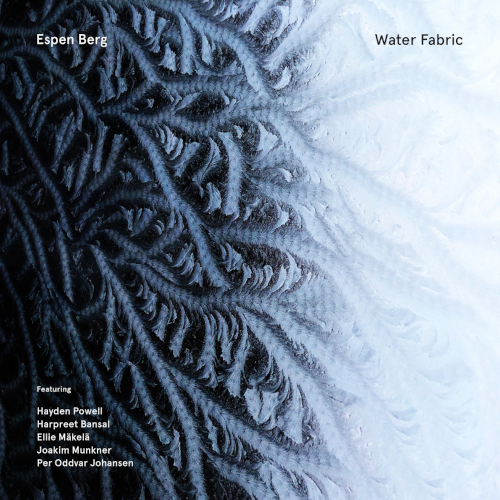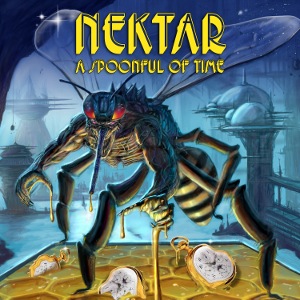Bluecoat Arts Centre, Liverpool
11 October 2001
Whatever combinations of players you find Keith Tippett in there is always an element of the spiritual, in a broad sense, in his playing. He says he plays to ‘move people’ and ‘remove them from chronological time’ and often that’s just what he does.
On this occasion, as part of Liverpool’s Frakture Festival, he was in the company of drummer Peter Fairclough, the kind of pairing he’s used with Louis Moholo in the past. Piano and drums are perfect partners in many ways, especially if you regard the piano as a collection of finely tuned drums. And Tippett has unerring good taste when choosing drummers. His playing moved between dark explorations at the lower end of the scale into rapid forays across the keyboard and often made use of powerful layers of sustained chords. His usual array of woodblocks and other objects were placed strategically on the strings and it was fascinating to watch as these objects danced and shuddered in the reflection cast in the open piano lid. The sound, as ever, was that mix of the familiar and the unexpected. While the positioning may be, to an extent, pre-ordained the very nature of these devices mean that slightly different effects and qualities of sound will be produced each time. There is an element of chance which suits Tippett’s love of spontaneous composition or free improvisation.
Fairclough watched, followed and drove the music on, whether using sticks, brushes or his hands. He accented a mercurial keyboard run with a touch of a small cymbal or beat up a torrent of rhythms to match the dark rumblings of Tippett’s explorations. Drummers are often considered as just the rhythmic bedrock of any line-up but he showed a strong sense of dynamic interplay and attention to melody. Apart from their joint improvisations each player had space for solo work. Tippett first chose the piece commissioned by Julian Jacobson for a celebration of Beethoven. “A Humble Salute” used echoes of the ‘Pathetique‘ to create a beguiling meditation. By contrast Fairclough re-visited another tradition and offered his version of a Max Roach composition in homage to Big Sid Catlett. A tribute linking generations of jazz drummers. He also featured a somewhat dry piece by John Cage. Tippett showed he is equally at home in other areas outside of free improvisation as he carefully re-built “Every Time We Say Goodbye”, re-shaping the melody and crafting those familiar chords into a considered yet emotional statement. But for me perhaps the most moving moment came when both drummer and pianist took the theme from the late Mongesi Feza‘s lovely, “You Ain’t Gonna Know Me ‘Cos You Think You Know Me” and made it a brief, hymnal tribute to the trumpeter.
There weren’t many there that night but those who were witnessed music that moved and engaged them. I hope these musicians will be back.
-Paul Donnelly-
![Datach’i – 10110101 =[Rec + Play]](https://freq.org.uk/wp-content/themes/customizr/assets/front/img/thumb-standard-empty.png)

